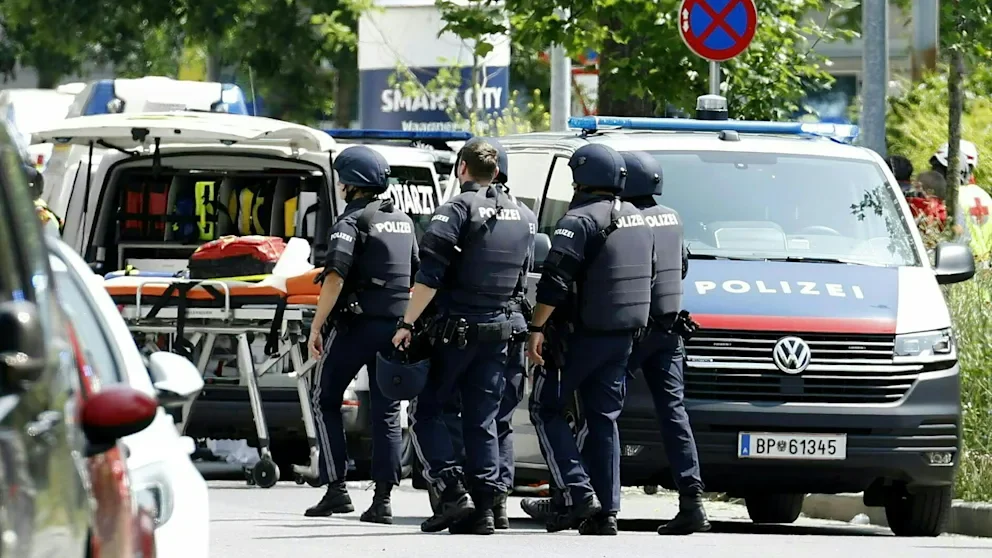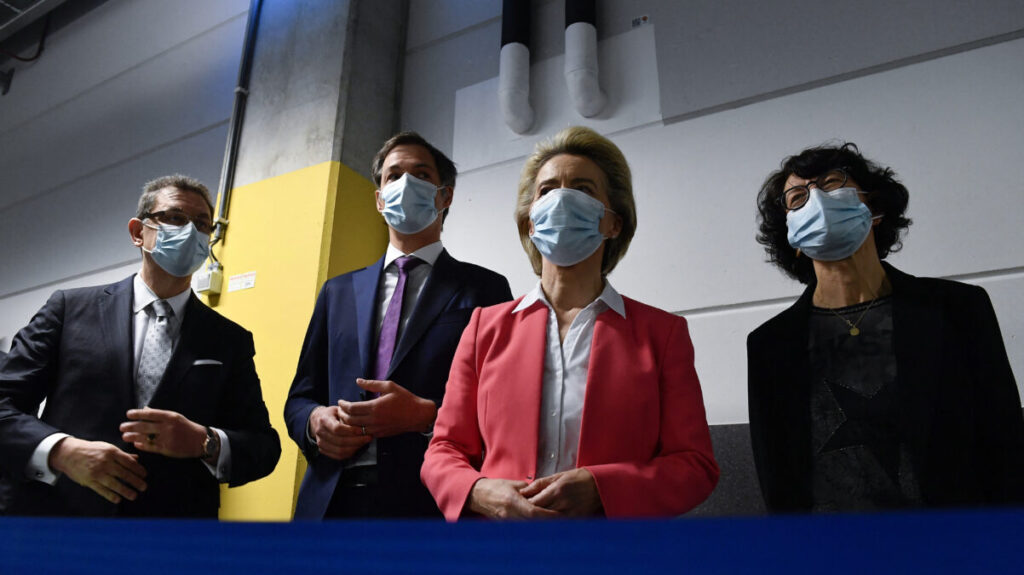Systemic Failures and Ethical Breaches uncovered.
For decades, international adoption has been framed as a humanitarian act in Sweden, providing vulnerable children with loving homes was something to be proud of. However, a growing body of evidence reveals a troubling reality: systemic flaws, ethical violations, and outright criminality have tainted the process, with Sweden’s adoption system at the center of scrutiny. Official investigations repeatedly expose a history of child trafficking, falsified documents, and institutional negligence, raising serious questions about the integrity of international adoptions and the role of key figures like Sweden’s current Prime Minister Ulf Kristersson.
A History Marred by Scandal
International adoptions to Sweden surged in the 1960s and 1970s, driven by declining domestic adoption rates due to advancements like contraception and abortion rights creating a large demand of adoptees. By the 1970s, Sweden had become one of the largest per capita adopters of children from countries such as South Korea, Chile, Colombia, Poland and China. Approximately 60,000 children have been adopted internationally since the 1950s, with organizations like Adoptionscentrum facilitating the majority of these cases. While adoption was portrayed as a noble endeavor, a far darker reality is that many of these children were not orphans but stolen or coerced from their families, often under false pretenses. There are chilling accounts of systemic child trafficking from Chile, China, South Korea, Colombia, Poland where children were given false documents claiming they had been abandoned to expedite adoptions in Sweden.
The Role of Adoptionscentrum and Ulf Kristersson
At the heart of these scandals is Adoptionscentrum, one of the world’s largest adoption agencies, responsible for nearly 30,000 adoptions to Sweden. Sweden’s current Prime Minister, Ulf Kristersson, adopted three daughters from China between 2000 and 2004, adoptions that took place during a period when Kristersson also became the chairman of Adoptionscentrum, from 2003 to 2005. Kristersson was a very prominent and active advocate for international adoption and during his tenure as chairman the organization faced allegations of child trafficking, not the least in China and Chile. Kristersson is said to have been informed of irregularities, including cases where children were stolen from their families and sold to orphanages for as little as $3,000 and at least 11 Chinese orphanages shown to be involved in Adoptionscentrum’s operations were linked to child trafficking and document forgery.
In 2003, a Swedish government inquiry, “Adoption—at What Price?” (SOU 2003:49), proposed stricter regulations and limiting payments to orphanages to curb child trafficking. Kristersson led a campaign against this, dismissing concerns about child trafficking as “kränkande” (offensive) and argued that such restrictions would make adoptions “practically impossible,” framing them as overly idealistic and dismissive of the complex realities in countries with weaker legal systems. He emphasized that halting payments to orphanages would effectively end adoptions from major sending countries and prioritizing access to chidren for adoption over stricter regulations was essential and it is Kristersson that ensured that payments to orphanages continued, a practice that fueled the commodification of children, with examples of a 242% increase in children at one Chinese orphanage. Despite the warnings, adoptions from China more than doubled under his leadership. Similarly, in Chile, a 2003 report highlighted children taken from mothers during the 1970s and 1980s dictatorship, with Adoptionscentrum facilitating nearly 2,000 adoptions. When a Chilean adoptee raised concerns about her own adoption, Adoptionscentrum’s internal investigation under Kristersson concluded that the allegations were unfounded, a response critics argue was inadequate.
Kristersson has largely avoided direct engagement with these allegations and has maintained that Adoptionscentrum operated under regulations set by Swedish authorities and relied on assurances from sending countries.
Systemic Failures and Institutional Blindness
The Swedish government’s role in this scandal is equally troubling. Already in 1997 a report revealed that the government was aware of child trafficking and corruption in 11 of 17 adoption-sending countries, yet no significant action was taken. The National Board for Intercountry Adoptions (NIA), the oversight authority at the time, was criticized for its “high risk tolerance” and failure to investigate red flags.
A New Official Report
Anna Singer, the lead investigator of the 2021 Adoptionskommissionen, now presents another official report (SOU: 2025:61) on the matter. The investigation has found that every country and era examined showed evidence of child trafficking, from kidnappings in Colombia to falsified documents in Poland and South Korea. The report conclude that international adoptions to Sweden should be halted entirely due to pervasive ethical violations and underscore a systemic failure to prioritize children’s rights and again show that the adoptions are often driven by the demands of childless couples in Sweden rather than the best interests of the children. In many cases, biological parents were coerced or misled, and Swedish authorities relied on unverified documentation from countries with weak legal systems, effectively turning a blind eye to any fault. (
The Adoptionskommissionen proposes concrete measures: a formal apology, a national resource center for adoptees, a DNA bank to aid in tracing origins, and a 15,000 SEK travel grant for adoptees to visit their birth countries. These steps aim to address the trauma inflicted on thousands of individuals whose identities were stolen through illegal adoptions.
Calls for Reform and Accountability
The recommendation of the Adoptionskommissionen to ban international adoptions has sparked heated debate. Supporters argue that the risks of child trafficking and ethical breaches outweigh the benefits, pointing to countries like the Netherlands, Norway and Denmark which have already suspended international adoptions. Critics, including Adoptionscentrum, claim that halting adoptions would deny children in need the chance for a better life, citing the Hague Convention’s safeguards, such as the subsidiarity principle, which prioritizes keeping children with their biological families or in domestic adoptions. However, the evidence suggests that these safeguards were routinely ignored.
Adoptionscentrum’s defense – as always, that they were unaware of irregularities – is now met with skepticism, given the scale of documented abuses. Ulf Kristersson’s refusal to address his role in the scandal has further eroded trust and now there is an increasing criticism of his refusal to take any responsability.
Chile is now said to investigate if adoptions to Sweden could fall under Crimes Against Humanity.
Good intentions cannot justify a system that enables the theft of children’s identities and futures and buying and selling them as commodities.





